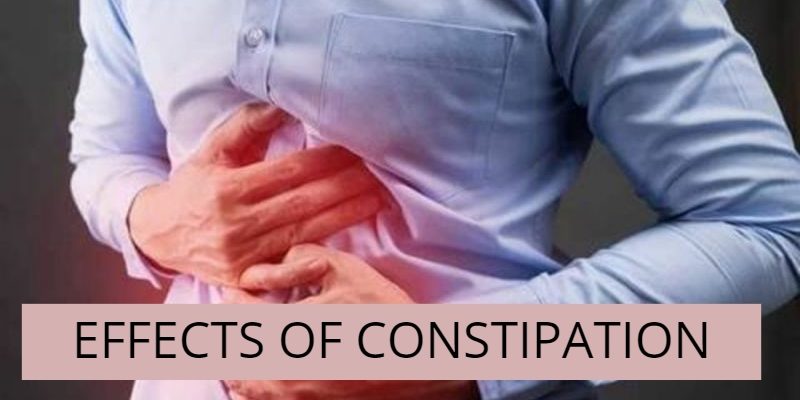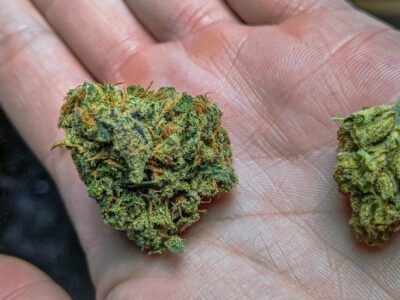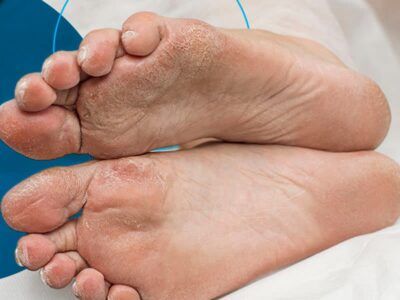Constipation refers to bowel movements that are infrequent or hard to pass. The stool is often hard and dry. Common causes include slow motion of stool within the colon, irritable bowel syndrome, and pelvic floor disorders. The two conditions that cause constipation are the colonic inertia and pelvic floor dysfunction.
The signs and symptoms of constipation also include rectal bleeding and or anal fissures that are caused by hard or small stool lower abdominal discomfort and straining to have a bowel movement.
Symptoms of Constipation
- Passing small hard pellet-like stool
- Having to push really hard to pass stool
- Infrequent opening of the bowels
- Feeling as though there’s a blockage in your rectum that prevents bowel movements.
- Feeling as though you can’t completely empty the stool from your rectum.
Constipation is considered as one of the primary reasons for the piles because they are caused by the side effects of this illness. With the extra pressure on and straining of the rectal areas, the veins in the area start to swell abnormally — blood pools under the skin and forms painful lumps. Hemorrhoids can either develop internally (inside the lower rectum) or externally (near the opening of the anus).
Now the question is whom to consult for piles and constipation and why constipation happens?
The leading cause of constipation is poor diet and an inactive lifestyle. A lack of exercise and overeating junk food can wreak havoc on your digestive health. A properly balanced diet can help in reducing the chances of constipation.
Home remedies for constipation
-
- Drink more water-
- Eat more fiber, especially soluble, non-fermentable fiber.
- Exercise more.
- Take Senna, a herbal laxative-.
- Try magnesium citrate-
Effects of constipation-
-
- Piles- Constipation is considered as one of the major reasons for the piles because they are caused by the side effects of constipation. With the extra pressure on and straining of the rectal areas, the veins in the area start to swell abnormally. Blood pools under the skin and forms painful lumps. Hemorrhoids can either develop internally (inside the lower rectum) or externally (near the opening of the anus).
- Torn skin- An anal fissure is a small tear in the thin, moist tissue (mucosa) that lines the anus. An anal fissure may occur when you pass hard or large stools during a bowel movement.
- Faecal impaction– Fecal impaction is a large, hard mass of stool that gets stuck so badly in your colon or rectum that you can’t push it out. This problem can be very severe. It can cause grave illness or even death if it’s not treated. It’s more common among older adults who have bowel problems.
- Fatigue- Fatigue, and constipation go hand in hand. Regular exercise and a healthy, fiber-rich diet may help.
- Encopresis- Encopresis is the soiling of underwear with stool by children who are past the age of toilet training. Because each child achieves bowel control at his or her own rate, medical professionals do not consider stool soiling to be a medical condition unless the child is at least 4 years old.
- Rectal prolapse– Rectal prolapse is when part of the rectum protrudes from the anus. The rectum is the last part of the large intestine and is where feces are stored before being passed. Prolapse occurs when the rectum becomes unattached inside the body and comes out through the anus, effectively turning itself inside out.
- Faecal incontinence- Faecal incontinence is a term used to describe leakage from the bowel due to poor bowel control. You may also find you have excessive wind or experience staining of your underwear.
Author Bio –
Deepti is a young and enthusiastic writer who is currently pursuing PGPM from ICFAI Business School. Along with this, she is a freelance content writer who thinks pen has the power to change the world.













Comments